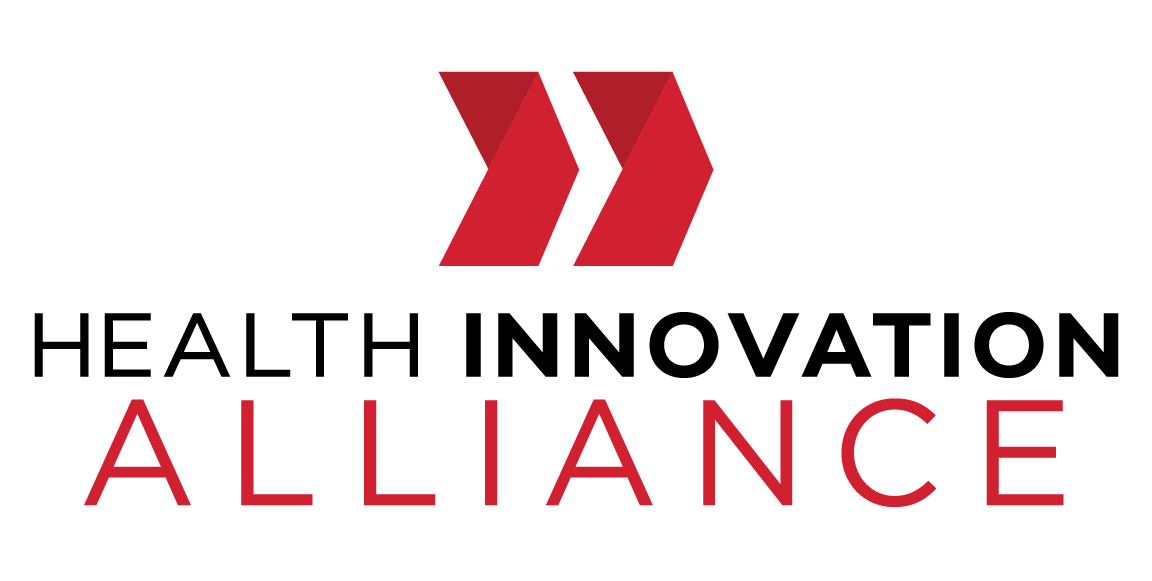Telehealth stakeholders say CMS' decision not to extend audio-only telehealth codes on a temporary basis until the end of 2023 in the final physician fee schedule released Tuesday (Nov. 1) will exacerbate health disparities for patients of lower socio-economic classes that lack broadband access and have poor digital literacy. Passage of legislation extending COVID-19 pandemic telehealth waivers prior to the end of the 151-day extension is now the only way to prevent underserved patients from facing a "telehealth cliff," they say.
Cutting off audio-only telehealth deprives providers of an essential tool to improve outcomes for marginalized patients, telehealth stakeholders agree, and could worsen outcomes in a value-based care system. CMS also said that since audio-only telehealth is not face-to-face telehealth and not in-person care it cannot be reimbursed like other types of care.
Brett Meeks, vice president at Horizon Government Affairs, noted HHS' Office of Inspector General recently found audio-only telehealth is crucial for care delivery and for increasing access for urban and other underserved populations.
"[Telehealth] created a huge boom and access in urban areas, diverse Populations as a useful tool for people that otherwise were not using healthcare, so that's a good thing, and audio only is a big part of that," Meeks said. "I think limiting it will have an adverse impact on getting care to more diverse populations that have been accessing care through audio only through telehealth over the last couple of years."
Meeks acknowledged there is some scrutiny over when audio-only telehealth is appropriate and how to prevent the services from being abused. But he said there are medical services that can be delivered with a high standard of care via audio-only telehealth and safeguards for audio-only telehealth should be considered.
Addressing CMS' view that audio-only telehealth shouldn't be paid on par with face-to-face services, Meeks said Horizon doesn't support blanket payment parity between audio-only telehealth services and other forms of care. If there is a way to have a provider-patient encounter that is a 10 minute phone call it is likely easier for both the provider and patient and probably will cost less than an in-person visit, according to Meeks.
"I think there's a necessary period where you must reimburse at a higher rate or at the same rate to ensure people can adopt technology," Meeks said. "But at some point it's a lot cheaper to do things over the phone or over video."
